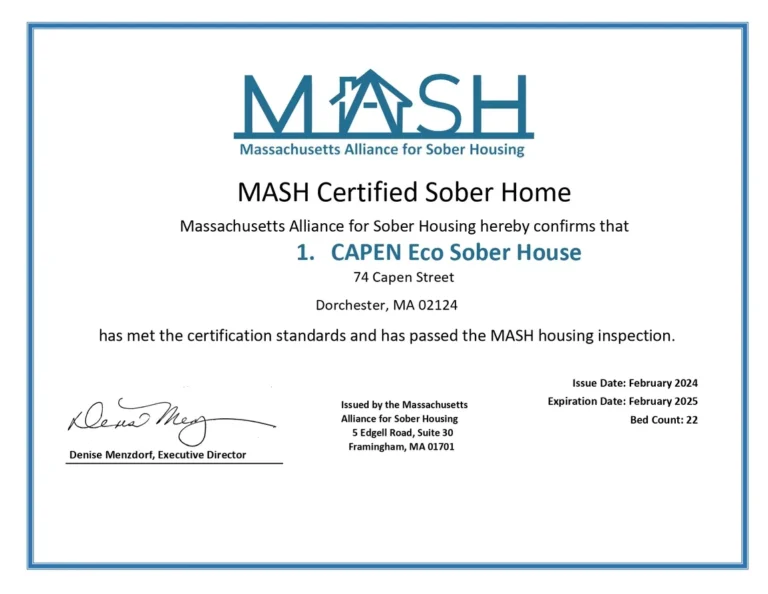Nearly a third of adolescents getting mental health treatment, federal survey finds

Genetic, psychological, social and environmental factors can impact how drinking alcohol affects your body and behavior. Theories suggest that for certain people drinking has a different and stronger impact that can lead to alcohol use disorder. Alcohol use disorder is a pattern of alcohol use that involves problems controlling your is alcoholism a mental illness drinking, being preoccupied with alcohol or continuing to use alcohol even when it causes problems. This disorder also involves having to drink more to get the same effect or having withdrawal symptoms when you rapidly decrease or stop drinking. Alcohol use disorder includes a level of drinking that’s sometimes called alcoholism.
Primary Care

It may be helpful to begin this process by differentiating between alcohol-related symptoms and signs and alcohol-induced syndromes. Thus, the preferred definition of the term “diagnosis” here refers to a constellation of symptoms and signs, or a syndrome, with a generally predictable course and duration of illness as outlined by DSM–IV. Schematic representation of a diagnostic algorithm for evaluating psychiatric complaints in patients for whom alcoholism may be a contributing factor. The algorithm helps the clinician decide if the compliants represent alcohol-induced symptoms, or an alcohol-induced syndrome that will resolve with abstinence, or an independent psychiatric disorder that requires treatment.
Refer a Patient

First, the patient had stated that his depression started about 1 week before admission, after his wife and family members confronted him about his drinking. This confrontation triggered a more intense drinking binge that ended only hours before his arrival in the emergency room. The patient complained of irritable mood and increased feelings of guilt during the past week, and he admitted he had been drinking heavily during that period. However, he denied other symptoms and signs of a major depressive episode during that period. Although heavy, prolonged alcohol use can produce psychiatric symptoms or, in some patients, more severe and protracted alcohol-induced psychiatric syndromes, these alcohol-related conditions are likely to improve markedly with abstinence. This characteristic distinguishes them from the major independent psychiatric disorders they mimic.
Former poster girl for the Esther Foundation speaks out over alleged exorcisms and abuse
Our financial supporters are not involved in any decisions about our journalism. Rates of marijuana and other illicit drug use, including stimulants and opioids, were also roughly the same as the https://ecosoberhouse.com/ year before. Fentanyl misuse ticked downward from 0.4% of the population to 0.3% — a small change that nonetheless represents roughly 160,000 fewer people misusing the powerful synthetic opioid.

Alcohol Use Disorder Complications
Anxiety disorders and AUD
- If you binge drink alcohol, your depression and anxiety may also worsen.
- New research has found that psilocybin reduces alcohol consumption in rats by altering the left nucleus accumbens in the brain.
- SAMHSA estimates that 13.9% of those age 12 to 17 received such a prescription in 2023.
- Over time, drinking excess alcohol can change areas of your brain, including one that senses pleasure and another that helps with self-control.

Causes and risk factors
- As shown in the schematic, AUD and other mental health disorders occur across a spectrum from lower to higher levels of severity.
- For some people, alcohol dependence can also cause social problems such as homelessness, joblessness, divorce, and domestic abuse.
- As mentioned in this article, you can support recovery by offering patients AUD medication in primary care, referring to healthcare professional specialists as needed, and promoting mutual support groups.
- The most commonly used and recognized MAT for alcohol use disorders is naltrexone, taken orally or as an injection.
- Healthcare providers define AUD as a brain disorder that affects your ability to regulate or stop drinking alcohol despite adverse impacts on your mental and physical health and professional or personal life.
Overview
- Booking Price : $0
